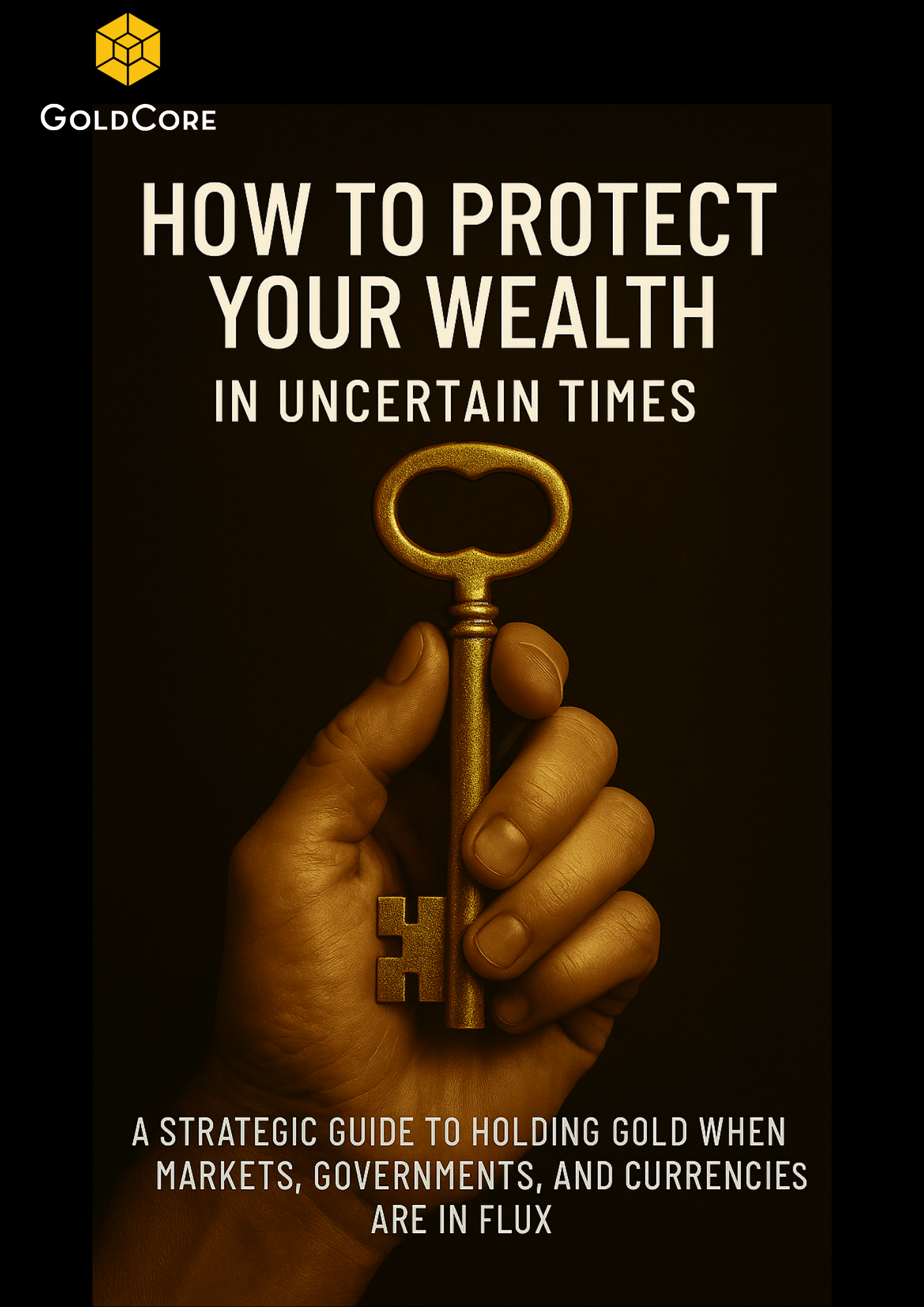You may have noticed recently that gold headlines have been spinning one very specific claim: that on July 1st, 2025, gold will be reclassified as a Tier 1 High Quality Liquid Asset (HQLA) under Basel III rules.
Sounds monumental, doesn’t it? The kind of thing that justifies gold’s rally. The kind of policy shift that would finally give gold its long-overdue respect in the modern financial system.
There’s just one problem: it’s not true.
What’s Actually Going On?
Let’s clarify something upfront. Gold has already been a Tier 1 asset since 1988 under Basel I. Allocated gold, held in a bank’s own vault, is treated as having a 0% risk weighting, that’s the same as cash. That hasn’t changed.
But HQLA (High Quality Liquid Asset) isn’t about capital risk. It’s about liquidity coverage. And that’s where the confusion starts.
Some have mistaken gold’s Tier 1 capital status for a pending upgrade to Level 1 HQLA. They are not the same thing. HQLA rules were introduced in Basel III to ensure banks can meet short-term funding needs in a crisis. They include assets like government bonds and central bank reserves. Not gold.
The LBMA recently put out a statement to correct this confusion: no announcement has been made, and none is expected. Gold is not becoming Level 1 HQLA in July.
So… Is That the End of the Story?
Far from it. Because while there’s no official reclassification, there is a much deeper story here.
Gold meets nearly every criterion for a Level 1 HQLA: it trades in high volumes, it has low bid-ask spreads, and it’s highly liquid even during periods of financial stress (remember the SVB collapse?). The LBMA and World Gold Council have shown, through independent research, that gold compares favourably to US Treasuries and other HQLA assets.
And yet, gold remains excluded. Why? Well, that’s where things get political.
Gold Is the Outsider Asset
Unlike government bonds, gold isn’t issued by anyone. It’s not part of any debt machine. It doesn’t come with political promises or monetary policy strings attached. And that makes it a problem for a system built on sovereign IOUs.
The truth is, the HQLA list isn’t just about liquidity. It’s about supporting the sovereign-bank nexus – banks buy government bonds, governments rack up debt, and regulators keep everyone playing the same game.
Gold doesn’t play that game. It’s the anti-bond. And giving it HQLA status would offer banks an escape route from the sovereign debt system. That’s not in the rulebook.
Basel III Is Already Squeezing Paper Gold
What regulators have done, however, is start to crack down on unallocated, or “paper”, gold. Basel III imposes an 85% funding requirement on unallocated gold. That’s the same treatment corn gets.
In contrast, allocated gold still gets full Tier 1 treatment. In effect, Basel III is quietly steering the system toward physical gold and away from synthetic claims.
For those of us who believe in holding real, allocated gold, this is a shift worth watching. It’s not the headline reclassification many expected but it might be more important.
Central Banks Are Way Ahead
And while the Basel committees dither, central banks aren’t waiting for permission. They’ve been buying gold at record levels – over 1,000 tonnes a year since 2022. They’re not buying because gold might become HQLA. They’re buying because it already behaves like one.
Gold is liquid, borderless, neutral, and politically untouchable. It’s a hedge against a system they know is strained. And that tells you more than any policy statement ever could.
Jan Skoyles’s latest GoldCoreTV episode covers all of this in full detail. She discusses what Basel III really says about gold, and why the HQLA debate reveals more about the fragility of the modern financial system than you might think.
Buy Gold Coins

Buy gold coins and bars and store them in the safest vaults in Switzerland, London or Singapore with GoldCore.
Learn why Switzerland remains a safe-haven jurisdiction for owning precious metals. Access Our Most Popular Guide, the Essential Guide to Storing Gold in Switzerland here.
Receive Our Award Winning Market Updates In Your Inbox – Sign Up Here





